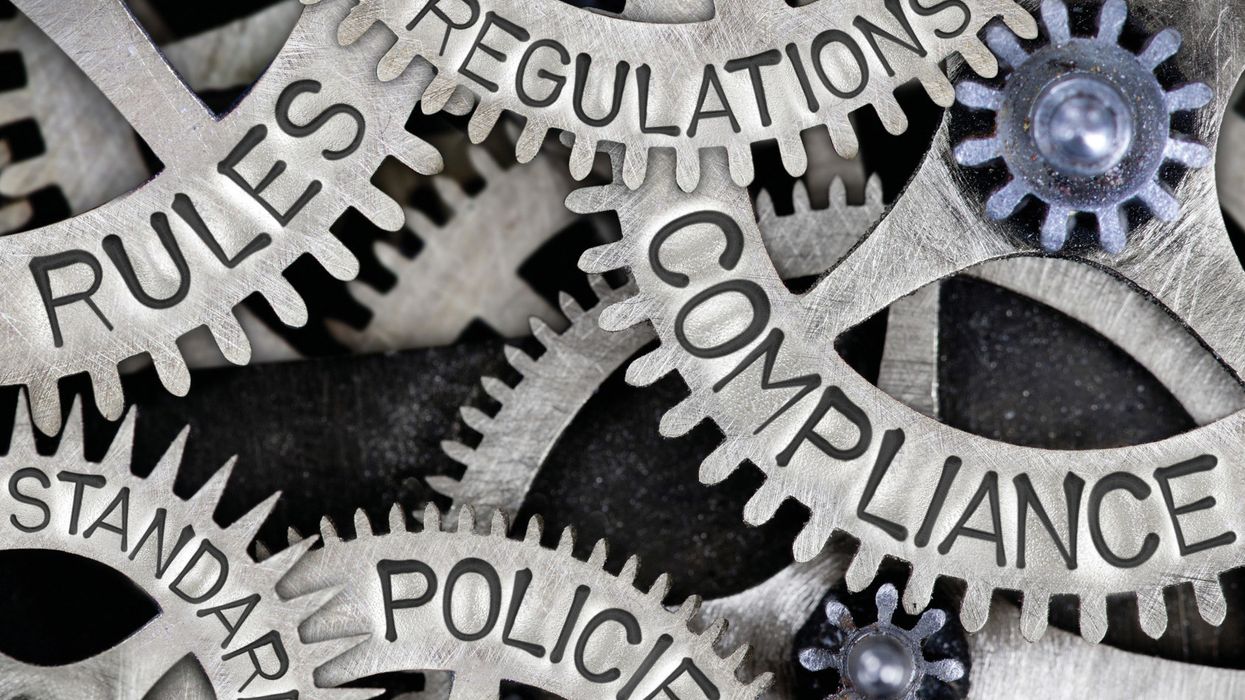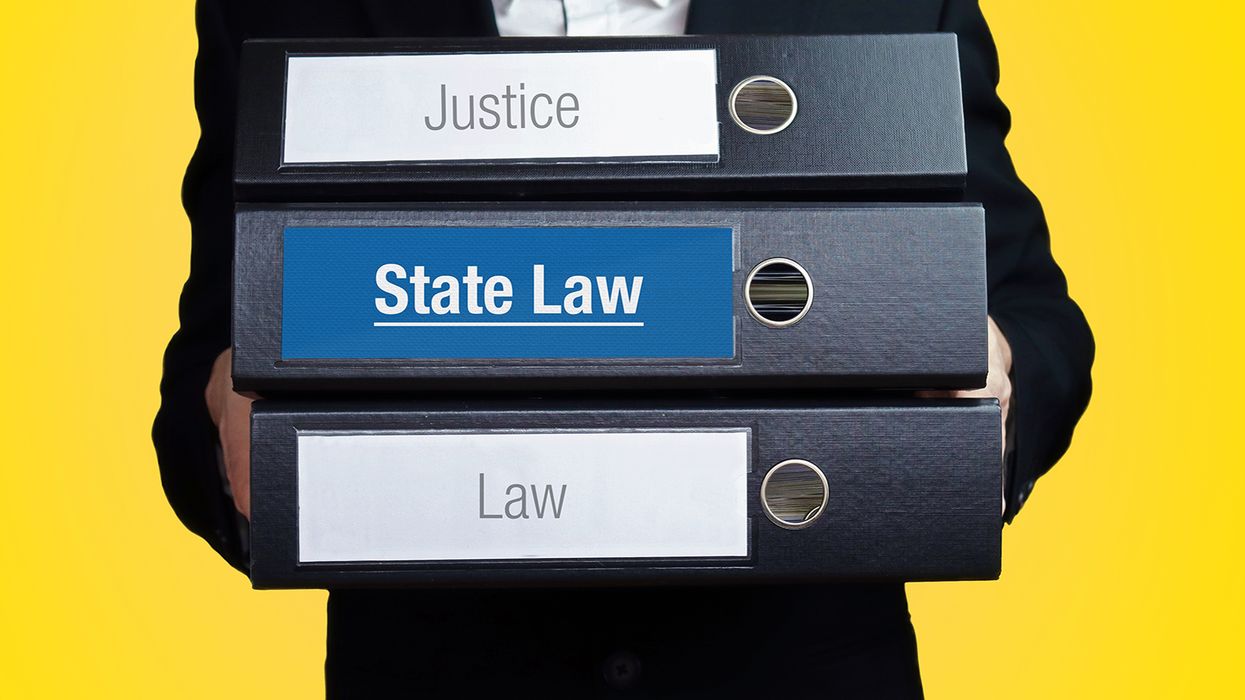Repealing a rule simply reinstates a previous version of that regulation
With the Trump administration taking a de-regulatory approach and repealing many standards adopted in the last 10 to 15 years, it’s worth keeping in mind that those repeals do not eliminate obligations on employers and businesses. When a federal agency repeals a recent revision to a regulation, the agency just reinstates an older version of the rule. When the previous version again goes into effect, employers need to determine their obligations under that version of the rule.
Federal agencies adopt regulations to implement federal laws such as the Clean Air Act or the Occupational Safety and Health Act, both of which became law in 1970. Those laws aren’t getting repealed, and the regulations implementing them have been changing for 50 years.
When a federal agency repeals a regulation, it still needs implement and enforce the underlying statute. The agency typically repeals an expansion of requirements, but then re-implements an older version of the rule. For example, if the Environmental Protection Agency (EPA) repeals a standard that increases passenger vehicle fuel economy, that doesn’t eliminate fuel economy standards. Vehicle manufacturers would still need to meet some lower standards that were in effect before the increase.
While new regulations create changes for employers, repeals of regulations also create changes that employers must evaluate. Employers likely need to consider:
- What specific requirements were eliminated? Should we keep doing some or all of them anyway? What are the costs of making changes?
- What new or different (older) requirements took effect? Were we already doing that, or do we need to make changes?
- What steps must we follow to effectively implement these changes? Among other things, this might include revising written procedures, obtaining different equipment, and training employees.
Laws rarely change
Most bills introduced in Congress never become laws. On the other hand, Congress almost never successfully repeals a law (like the Affordable Care Act). The battle over how to implement and enforce federal laws often takes place at the agency and regulatory level.
Effectively, regulations are interpretations describing how the agency will enforce federal statutes, but those regulations carry the force of law. When a regulation gets repealed or revised, a business might have a lower standard to meet, but it still has obligations. As noted, the repeal usually ends up restoring an older regulation, perhaps one that was last in effect ten years ago or more, and employers probably don’t remember exactly what those provisions required.
The point is that a repeal is still a change to a regulation. Employers will need to identify their revised obligations and implement plans for complying with the changed requirements.






























































